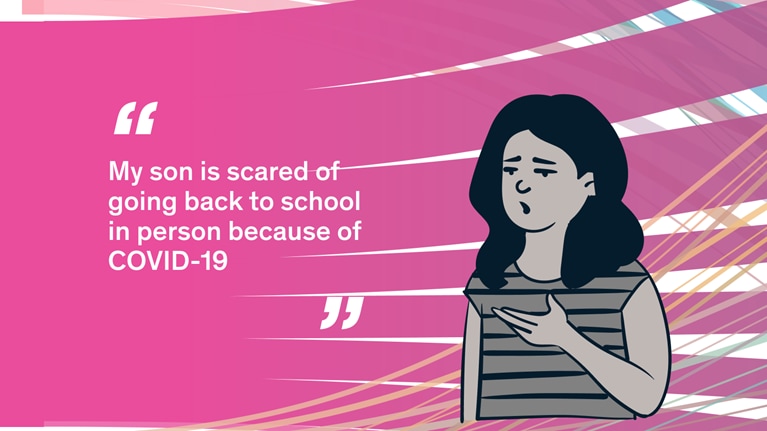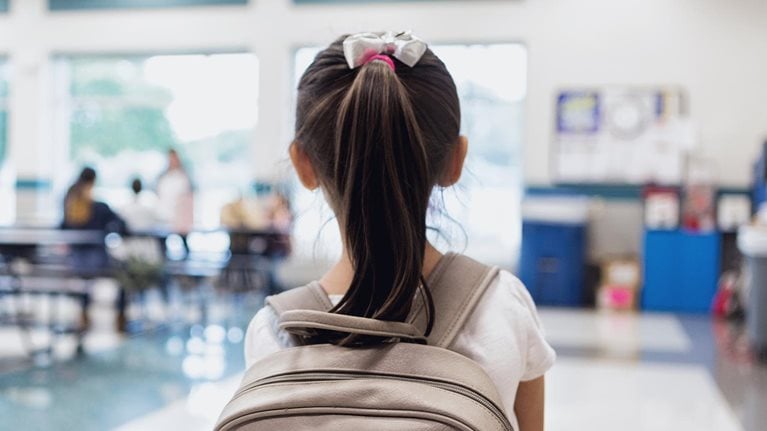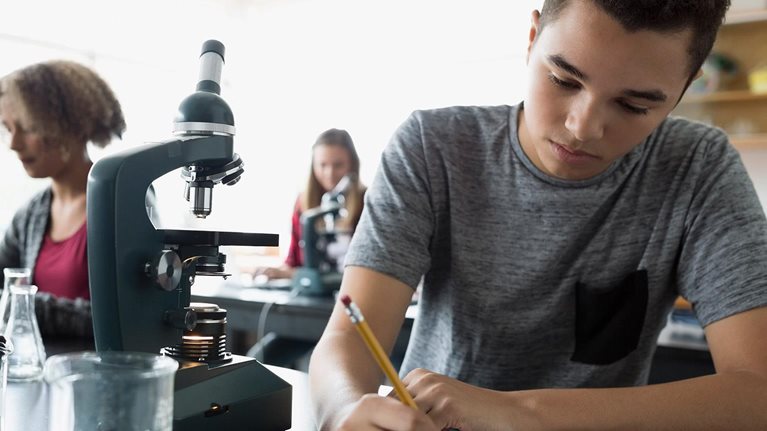Education systems around the world are facing a uniquely difficult moment, facing the twin challenges of ensuring student and staff health amid a pandemic, while also ensuring continuity of learning. Education gains made over the past decades are increasingly at risk, with school shutdowns widening opportunity gaps.
In the near term, the imperative is to find ways of operating through the pandemic: improving remote and hybrid learning, meeting the needs of vulnerable students, and reopening where health safeguards allow. As school systems prepare for the future, they can draw on existing evidence-based interventions regarding curriculum, teaching, and assessments—all tailored to context. And they can learn from cases of successful education reform around the world. But they can also consider new ideas to reimagine education for a post-pandemic world, integrating new technologies, harnessing increased levels of parent engagement, providing holistic student support, teaching skills for a new future of work, improving teacher development, and allocating resources equitably to finally close long-standing opportunity gaps. In early childhood, success will require an integrated, comprehensive approach; linking healthcare, social services, and education programs from birth through age five to support children across their physical health, cognitive development, and socio-emotional health.
Our insights provide data and research to support early childhood and school systems navigate all of these challenges and changes, and support every child to thrive and be prepared for the future.


























